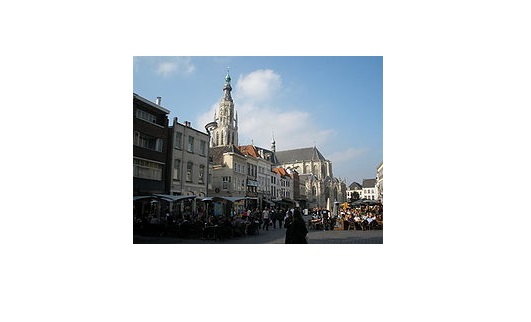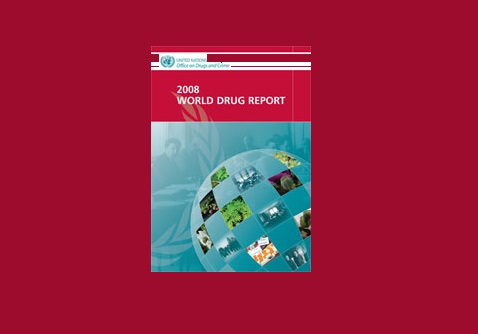“Cannabis has been wronged for years”, says Janna Cousijn, researcher at the University of Amsterdam. “toking every day does not have to be a problem.”
Cannabis use has been thwarted by stereotypes for decades, ranging from false claims of it causing uncontrollable sexual impulses and murderous insanity, to it creating a whole generation of lazy, good-for-nothing ‘slackers’.
Biological Psychologist, Neuropsychologist, Cousijn, has been conducting rigorous studies on the effects of cannabis use, in her role as assistant professor in Clinical Developmental Neuroscience. She explains to Amsterdam newspaper Parool: “A lot of cannabis research compares tokers with non-users. I look at differences within the group of regular tokers; people who smoke weed almost every day. I’ve found that some are addicted and have problems, and some don’t. Rough estimates say that half are fulfilling a job, with a family, and the other half are getting into trouble.”
Cousijn says her latest study helps to distinguish between regular cannabis users and those with a dependence. And at the same time tests the validity and clinical value of the laboratory research methods, in real-life settings. These studies help to advance knowledge on the underlying behavioral and neural mechanisms at play, and focus upon approach-bias within different contexts.
Remarkably, Cousijn, in a passing comment when asked if she uses cannabis herself, seems to play into the generalization which she refutes in her study, when saying: “No, never. I do not like to lose control. I always want to have the cleanest disposition of my own mind and body. Hard work may be my addiction.




